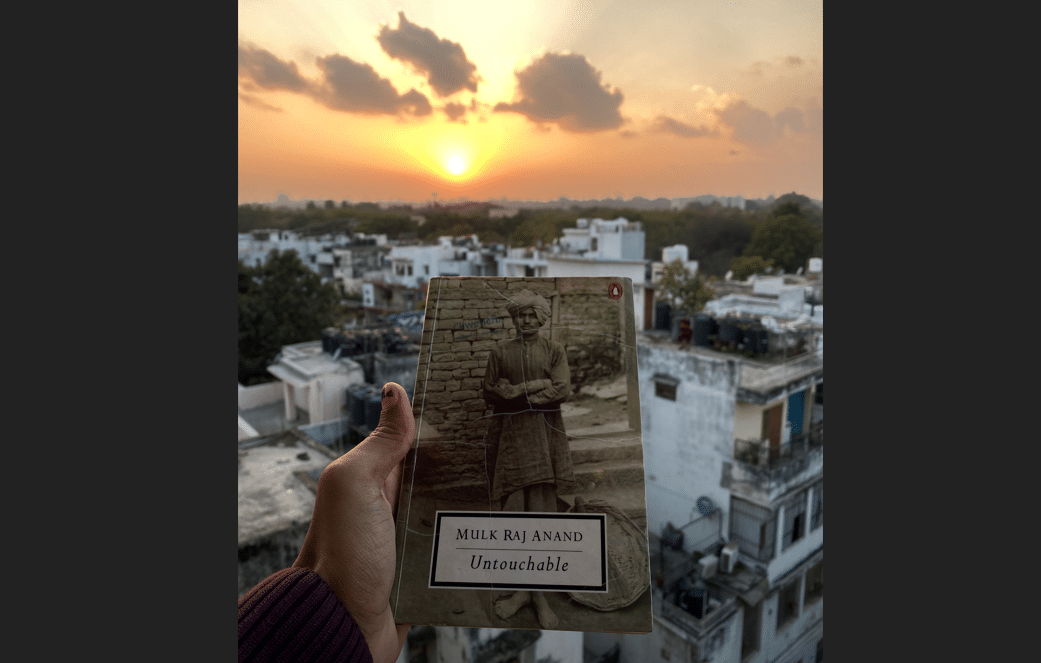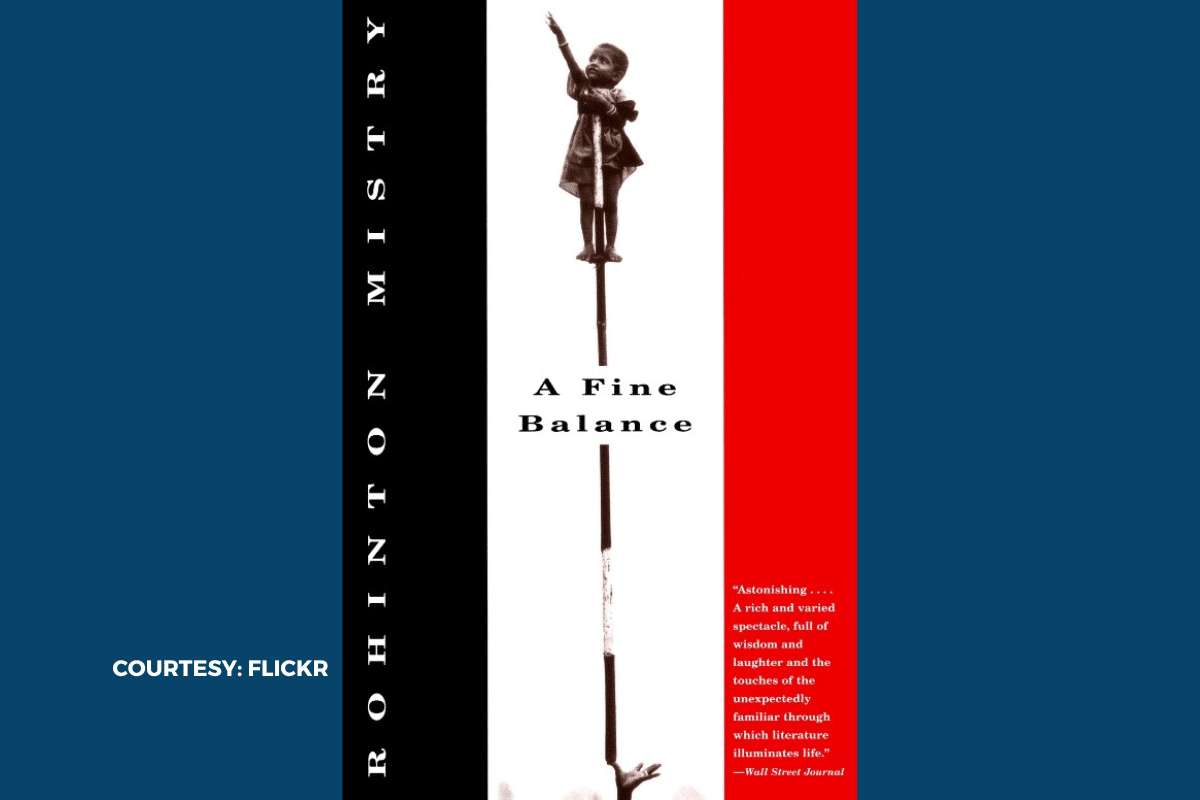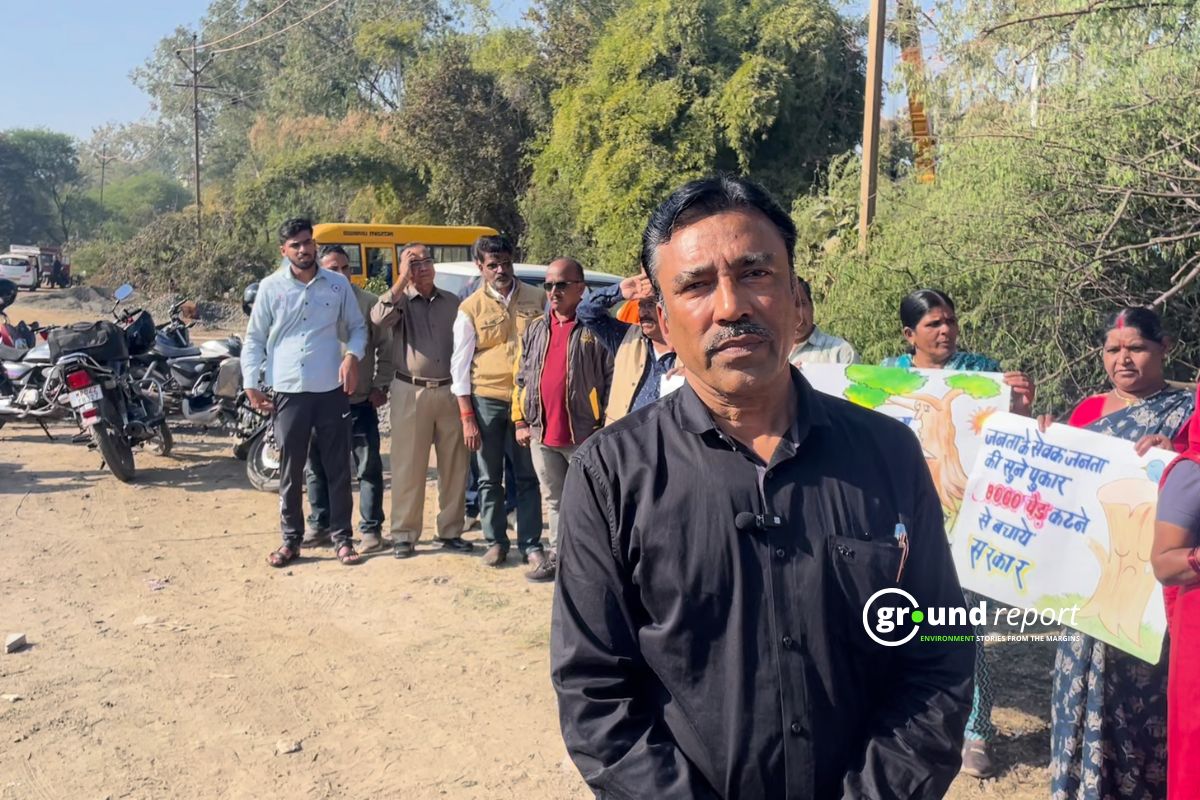“Charat Singh was feeling kind, though he did not relax the grin which symbolized six thousand years of racial and class superiority.”
The book follows a story of an ‘untouchable’ Bakha, who cleans toilets for a living. The profession has been passed onto him through generations. As the book is set in the pre-independence era, Bakha aspires to look like the English men, or Sahibs as he sees them as the only ones who don’t discriminate. The book follows Bakha into his ‘normal’ routine day and his confrontations with people in society. ‘Untouchable’ is a dark book, to say the least. The story dwells and explores the biases and discrimination innate in Indian society.
The book starts with an introduction by E.M. Forster, writer of A Passage to India, which sets the context to the upcoming themes. E.M. Forster gives a background to Mulk Raj Anand and explains why possibly the author was the most suitable person to write a book like this. Though, I always seek the answer to the question of ‘who should tell whose story. And, here too I don’t completely buy into E.M. Forster’s explanation. That being said, Mulk Raj Anand’s writing style of scrutinizing, and carefully examining the nature of his subject complements the third person narration. In one particular scene where Bakha steps out in the sun, the author invests almost a page and a half just to unravel the feeling of being in the sun for Bakha.
Bakha is described to be a handsome man, with clear competency for his work. He is skilful in hockey and treats everyone with dignity except his Father. Even with these envious qualities, while he is roaming on the streets people shout insults at him. More often than not, you hear, in the book, people saying how one touch by him will pollute them, accompanied with some of the nastiest abuses.
“Why don’t you call, you swine, and announce your approach!“
The caste system, in its current state, endorses the barbaric treatment of fellow human beings with no logic or reason. It is rather unfortunate to see a book published in 1935, is still so relevant or rooted in the realities of today.
Written By Rajeev. He likes to know about human experiences and the evolution of society. And, if you don’t find him reading a book then, you’d find him watching a film.
You can connect with Ground Report on Facebook, Twitter and Whatsapp, and mail us at GReport2018@gmail.com to send us your suggestions and writeups
Also Read










